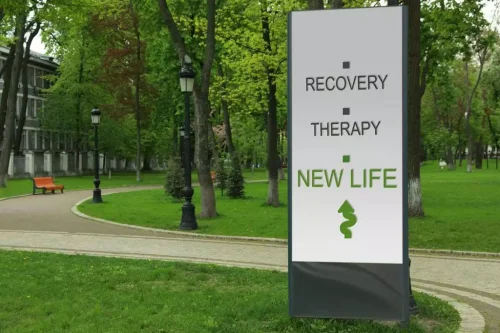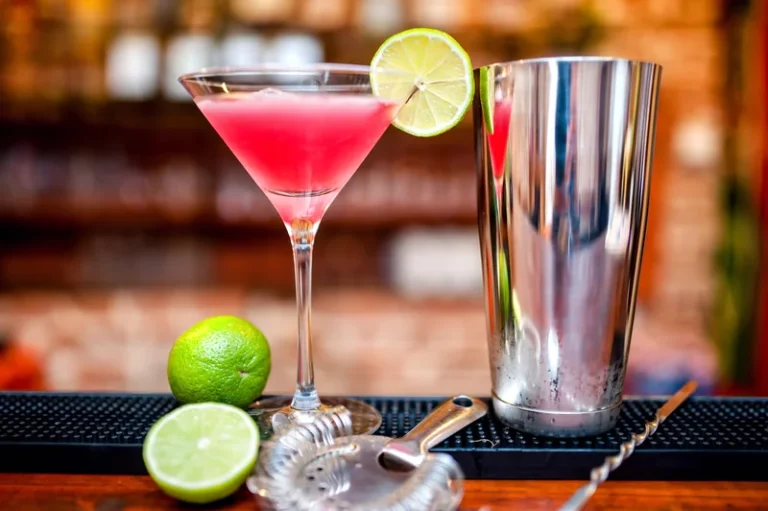Learn how many people ages 12 to 20 engage in underage alcohol misuse in the United States and the impact it has. It’s a very important area of the brain directly impacted by alcohol use. The limbic system is responsible for our reactions to perceived threats. An example would be if you were to get cut off by another driver on a busy or chaotic highway.
Various factors affect the potential for anger arousal with alcohol consumption.
- These factors provide the initial momentum toward an aggressive action that represents the availability of an aggressive response.
- The inability to control or suppress your emotions can lead to inappropriate or dangerous situations.
- The great thing about meditation is that it can be done anywhere at any time.
- But those who have a hard time controlling anger when sober can be triggered after a few drinks.
For example, if you’re intoxicated, you might perceive someone bumping into you by accident as a provocation and respond aggressively. Although it may seem challenging, even impossible, to make changes once alcohol becomes intertwined with many aspects of one’s life, breaking free is possible. Understanding the stages of alcohol misuse and recognizing our patterns can be the first crucial steps toward a better relationship with alcohol. According to social learning theory, we learn through observing and imitating others around us. Our first impressions about alcohol are often based on what we see of our parents, family, friends, or people on TV.
How Anger and Alcohol Contribute to Domestic Violence
- It will guide you in tracking your drinking habits, uncovering the underlying reasons for your consumption, and starting to create positive shifts.
- We conducted Time Line Follow-Back interviews (Sobell & Sobell, 1992) and calculated percent days abstinent (PDA) and drinks per drinking day (DDD).
- Choosing Therapy strives to provide our readers with mental health content that is accurate and actionable.
- It is also possible that excessive alcohol consumption is causing a depletion of the neurotransmitter serotonin, which plays a role in mood regulation.
- One study supporting this finding enlisted 245 men with a history of heavy episodic alcohol use (Berke et al., 2020).
- In order to maintain adherence to the treatment protocols, therapists referred to a condition-specific and session-specific content outline during each session.
Enhancing anger management skills may improve coping with anger as well as enhance accessing other cognitive and behavioral coping skills disrupted by anger arousal. Although the relationship between alcohol and behavioral aggression is complex (Cavell & Malcolm, 2007), meta-analyses consistently suggest that alcohol increases aggression (Bushman & Cooper, 1990; Hull & Bond, 1986; Ito, Miller, & Pollock, 1996). In stark comparison, probability of marital aggression among those low on alcohol dependence was not influenced alcoholism and anger by hostility (.01 probability). Others have documented the relationship between alcohol consumption and violence toward intimate partners (e.g., Lisco, Parrott, & Tharp, 2012) and sexual minorities (e.g., Parrott, Peterson, & Bakeman, 2011). Anger, either additively or in interaction with alcohol, was related to increases in negative anger- and alcohol-consequences (Leibsohn et al., 1994). That is, high-anger, alcohol-involved individuals were at greatest risk for a range of negative anger and alcohol consequences.
The Failure to Consider Future Consequences and Its Impact on Aggression
- Most rehabs will address how the drinking has hurt the client’s spouse and children by providing couples counseling and family therapy.
- Beyond its physiological effects, the association between alcohol and anger can affect the mental health of an individual.
- Alcohol decreased their bold responses in the right PFC, thalamus, hippocampus, caudate, and putamen.
- And because alcohol directly impacts serotonin levels, excess drinking means our limbic response isn’t reliable.
Rather, I3 Theory suggests that we can predict whether a given social interaction will result in aggression if we can discern the strength of Instigation, degree of Impellance, and presence of Inhibitory factors. Once these factors are organized into the I3 framework, their effects on aggression as well as their interactions with other relevant risk factors can be examined. As we mentioned in the introduction, studies have shown that alcohol has been the contributing factor to more violent acts than any other substance of abuse, but why exactly is that? Well, according to some scientists this answer can be chalked up to something known as Alcohol Myopia Theory.

This activates the stress response, which speeds up heart rate, respiration, and blood pressure, and increases body temperature. Stress also affects focus and attention abilities, and heightens energy while decreasing appetite and sleep functions. One study found that chronic alcohol use decreases the function in the prefrontal cortex, which plays a key role in impulse control. Researchers have also linked impulsive alcohol-related behavior to genetic involvement, with the presence of the serotonin 2B receptor gene (HTR2B) playing a role in impulsive and aggressive behaviors while under the influence of alcohol. There is a clear link between alcohol consumption and increased aggression levels.

The Relationship Between Anger and Aggression
- For those who find themselves getting angry when they drink, there are healthy ways that you can deal with your anger and emotions without having to turn to alcohol.
- Some people have a genetic variation of the serotonin 2B receptor gene HTR2B.
- Alcohol reduces your ability to process multiple sources ofenvironmental information; therefore it compromises your ability to evaluate the intentions behind the actions of people around you.
What Causes Alcohol-Related Anger and Aggression?
